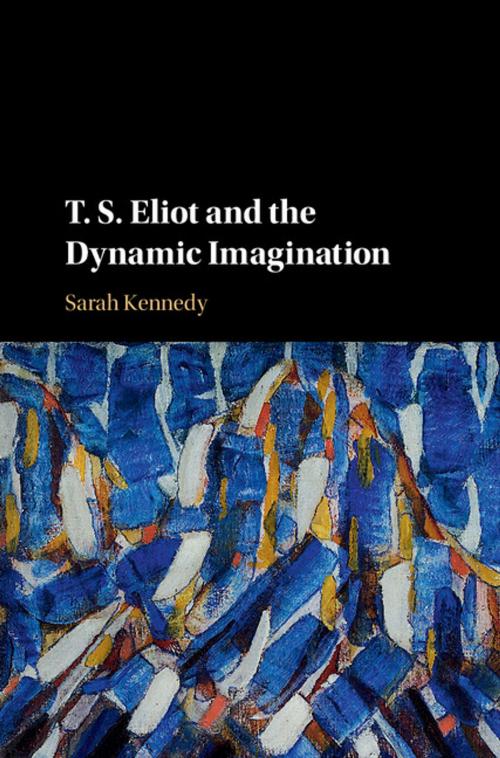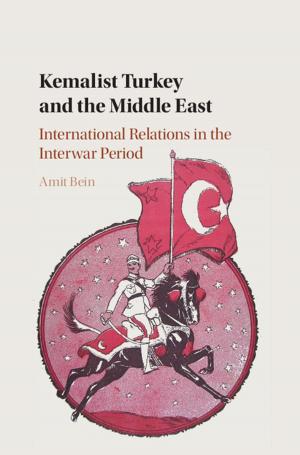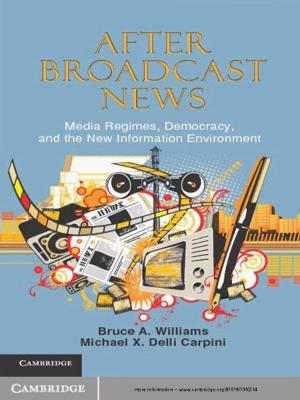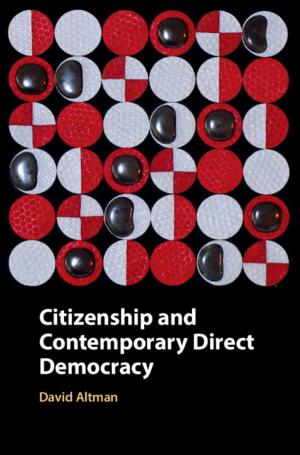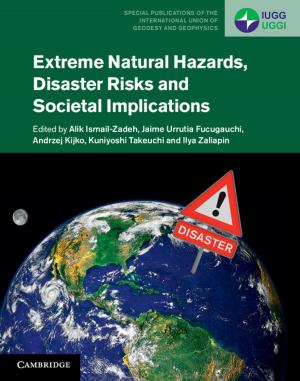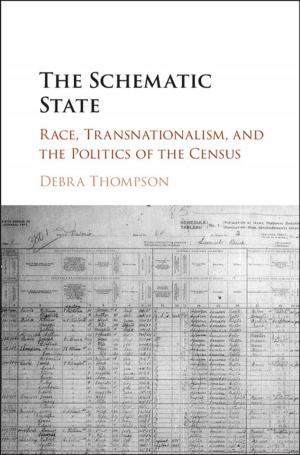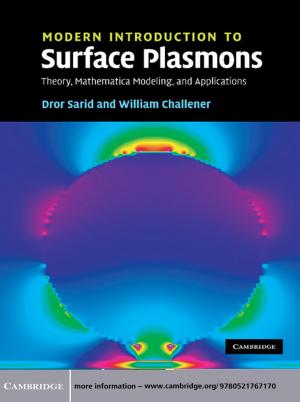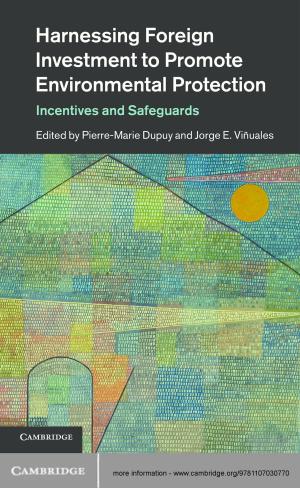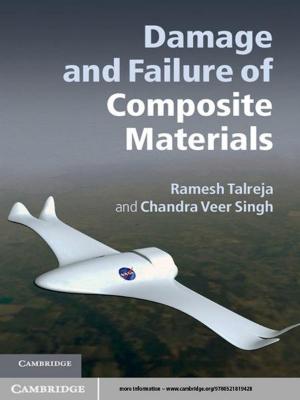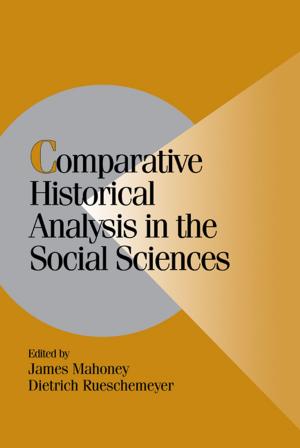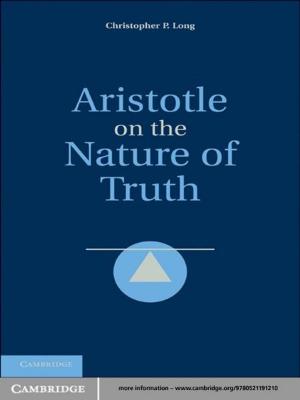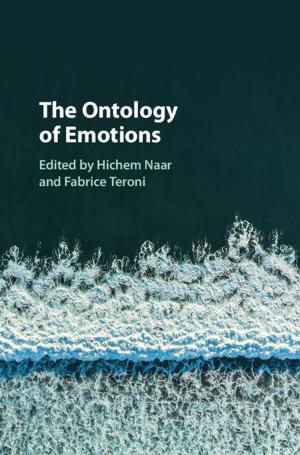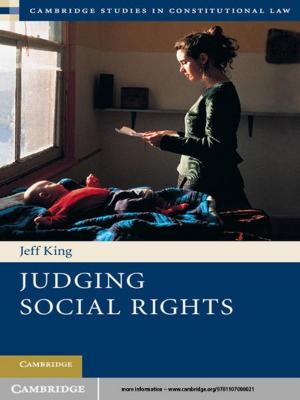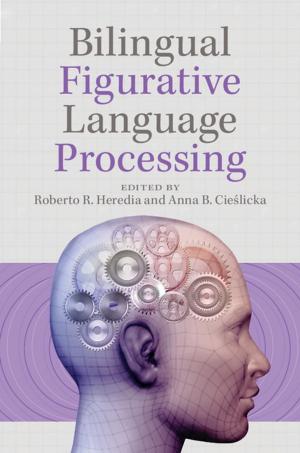T. S. Eliot and the Dynamic Imagination
Fiction & Literature, Literary Theory & Criticism, British, Poetry| Author: | Sarah Kennedy | ISBN: | 9781108668491 |
| Publisher: | Cambridge University Press | Publication: | March 31, 2018 |
| Imprint: | Cambridge University Press | Language: | English |
| Author: | Sarah Kennedy |
| ISBN: | 9781108668491 |
| Publisher: | Cambridge University Press |
| Publication: | March 31, 2018 |
| Imprint: | Cambridge University Press |
| Language: | English |
How is a poem made? From what constellation of inner and outer worlds does it issue forth? Sarah Kennedy's study of Eliot's poetics seeks out those images most striking in their resonance and recurrence: the 'sea-change', the 'light invisible' and the 'dark ghost'. She makes the case for these sustained metaphors as constitutive of the poet's imagination and art. Eliot was haunted by recurrence. His work is full of moments of luminous recognitions, moments in which a writer discovers both subject and appropriate image. This book examines such moments of recognition and invocation by reference to three clusters of imagery, drawing on the contemporary languages of literary criticism, psychology, physics and anthropology. Eliot's transposition of these registers, at turns wary and beguiled, interweaves modern understandings of originary processes in the human and natural world with a poet's preoccupation with language. The metaphors arising from these intersections generate the imaginative logic of Eliot's poetry.
How is a poem made? From what constellation of inner and outer worlds does it issue forth? Sarah Kennedy's study of Eliot's poetics seeks out those images most striking in their resonance and recurrence: the 'sea-change', the 'light invisible' and the 'dark ghost'. She makes the case for these sustained metaphors as constitutive of the poet's imagination and art. Eliot was haunted by recurrence. His work is full of moments of luminous recognitions, moments in which a writer discovers both subject and appropriate image. This book examines such moments of recognition and invocation by reference to three clusters of imagery, drawing on the contemporary languages of literary criticism, psychology, physics and anthropology. Eliot's transposition of these registers, at turns wary and beguiled, interweaves modern understandings of originary processes in the human and natural world with a poet's preoccupation with language. The metaphors arising from these intersections generate the imaginative logic of Eliot's poetry.
